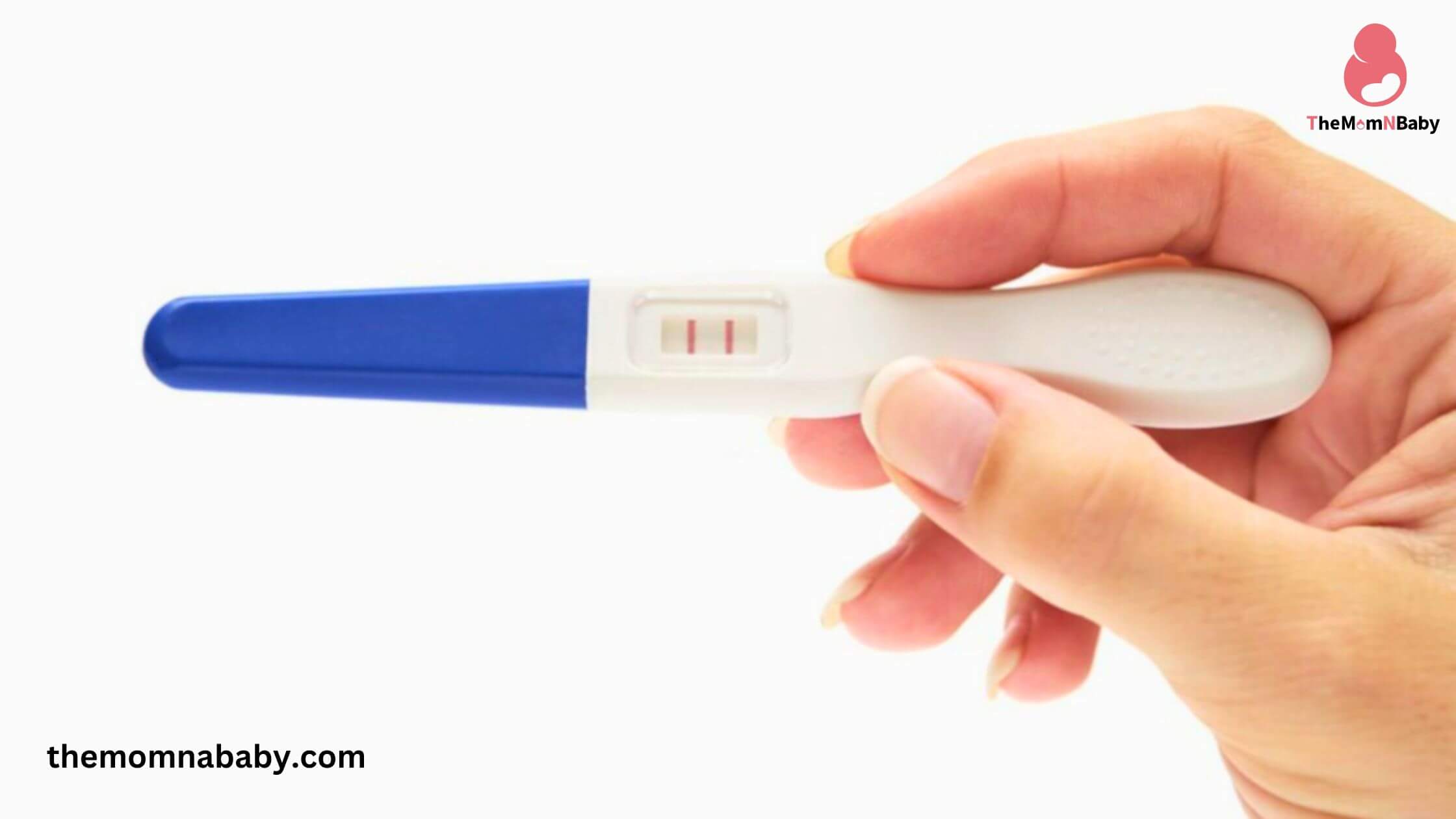
One of the most common questions related to pregnancy is whether it is possible to get pregnant during or right after Period? First You have to know about Understanding the menstrual cycle, ovulation, and the factors that influence fertility can help answer this question.
Can You Get Pregnant On Or Right After Your Period?
In this blog, we will delve into the intricacies of the menstrual cycle, the timing of ovulation, and the likelihood of getting pregnant during or right after your period.
Understanding the Menstrual Cycle
The menstrual cycle is a intricate process that takes place in females of reproductive age. It typically lasts between 28 to 32 days, although variations are considered normal. The cycle begins on the first day of menstrual bleeding and ends on the day before the next period starts.
Ovulation and Fertility
Ovulation is the release of a mature egg from the ovary, and it usually occurs approximately halfway through the menstrual cycle. This is the most fertile time when the chances of conceiving are highest. However, it is important to note that the timing of ovulation can vary among women and even from cycle to cycle.
Lifespan of Sperm and Egg
- For pregnancy to occur, sperm must meet a mature egg during the fertile window. Sperm can survive in the female reproductive system for up to five days, waiting for an egg to be released. The egg, on the other hand, remains viable for approximately 24 to 48 hours after ovulation. Therefore, conception can happen if sexual intercourse takes place up to five days before ovulation or within the 24-48 hour window after ovulation.
Menstruation and Pregnancy
- During menstruation, the uterus sheds its lining, which results in the expulsion of the unfertilized egg. Menstrual bleeding usually lasts for a few (approx 4-5)days. It is less likely to conceive during this time as the egg has not yet been released or has already been expelled from the body.
Factors Affecting Ovulation Timing
- Several factors can influence the timing of ovulation, making it difficult to predict with certainty. Stress, hormonal imbalances, certain medical conditions, and lifestyle factors can all affect the regularity of the menstrual cycle and the timing of ovulation. Consequently, the fertile window may vary from cycle to cycle.
Cycle Length and Ovulation
- Women with shorter menstrual cycles may ovulate earlier than those with longer cycles. If ovulation occurs shortly after the period ends, there is a higher chance of getting pregnant during or right after the period. However, it is important to note that sperm can survive in the reproductive system for several days, increasing the likelihood of conception.
Unpredictability of the Menstrual Cycle
- While some women have regular menstrual cycles, others may experience irregular periods or variations in cycle length. This unpredictability makes it challenging to determine the exact fertile window and the risk of pregnancy during or after the period.
- Tracking your menstrual cycle, observing fertility signs such as changes in cervical mucus or basal body temperature, and using ovulation prediction kits can provide valuable insights into your fertility patterns.
Also Read: Top 13 Tips And Advice For Pregnant Women Exploring The World
Now moving to your choices, wish to get Pregnant or Not?
1. Wish to get Pregnant?
- Understand your menstrual cycle for optimal conception timing.
- Maintain a healthy lifestyle with balanced nutrition and regular exercise.
- Intercourse’s during your fertile window for higher chances of conception.
- Track fertility signs like cervical mucus and basal body temperature.
- Take prenatal supplements with folic acid to support pregnancy.
- Minimize stress to enhance fertility.
- Maintain a healthy weight for improved reproductive health.
- Seek medical advice before trying to conceive.
- Avoid harmful substances like smoking and excessive alcohol consumption.
- Stay positive and patient throughout your journey to pregnancy.
2. For Prevent Pregnancy
- Use contraception consistently and correctly.
- Choose from various birth control methods available.
- Consider hormonal methods like pills, patches, or injections.
- Use barrier methods such as condoms or diaphragms.
- Explore long-acting reversible contraceptives like IUDs or implants.
- Opt for sterilization procedures if you’ve completed your desired family.
- Combine multiple methods for added protection (dual contraception for both partners).
- Educate yourself about emergency contraception options (morning-after pill).
- Communicate openly with your partner about contraception choices and responsibilities.
The chances of getting pregnant on or right after your period are generally low, but not impossible. It is important to have a comprehensive understanding of the menstrual cycle, ovulation, and the factors that influence fertility.
While menstruation is typically considered a less fertile time, variations in cycle length and irregularities can impact fertility. If you are actively trying to conceive or wishing to avoid pregnancy, it is recommended to track your menstrual cycle, observe fertility signs, and consider using contraception or fertility awareness methods.
Remember, every woman’s body is different, and understanding your own cycle is key to making informed decisions about your reproductive health.
Questions And Answer About Can You Get Pregnant On Or Right After Your Period?
Q1: Is it possible to get pregnant during my period?
A: Unlikely, but rare cases exist due to variations in menstrual cycles and early ovulation.
Q2: How long does a menstrual cycle typically last?
A: 28-32 days on average, but cycle length can vary.
Q3: When is the most fertile time in my cycle?
A: Around ovulation, which is usually halfway through the menstrual cycle.
Q4: Can I ovulate immediately after my period ends?
A: Highly unlikely, as ovulation typically occurs about 12-16 days before the next period.
Q5: How can I track my fertile days?
A: Track basal body temperature, cervical mucus, and use ovulation prediction kits.
Q6: Are there contraceptives for use during or after the period?
A: Barrier methods like condoms can be used during or after the period.





